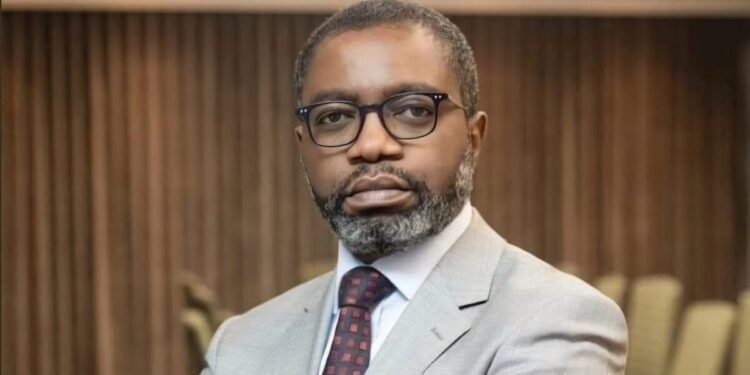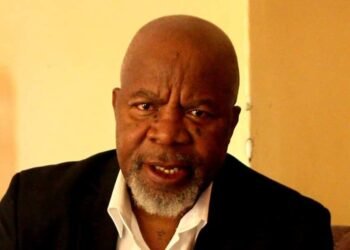FORGET BILL 7, MOVE ON
…Hichilema must now focus on corruption and poverty – Sangwa.
By Tony Nkhoma
PRESIDENT Hakainde Hichilema must forget about Bill 7 and focus on fighting corruption, poverty and human rights violations, constitutional lawyer John Sangwa has said.
Sangwa said Hichilema was clothing his selfish political motives in legal language instead of acting in the interest of Zambians.
He said the governance of Hichilema and the United Party for National Development (UPND) was driven by political gain and not to benefit citizens.
“Zambia today is poorer than it was at independence in 1964. Zambia’s GDP [gross domestic product] in real terms has stagnated. In some periods declined significantly since the 1970s. While poverty levels remain persistently high, Zambia remains nearly at the bottom of the world in terms of the human development index. And more than half of the population still lives below the national poverty line. These are the issues we should be discussing, not Bill 7,” Sangwa said.
Last week, the Constitutional Court declared the Constitution of Zambia (Amendment) Bill No. 7 of 2025 and the process around it as unconstitutional because of lack of broad consultation with citizens.
He said Hichilema should focus on addressing corruption in his government instead of dictating or stepping on the human rights of innocent Zambians.
Public trust in his leadership was steadily eroding as government officials and public officers had continued to act with impunity.
“They are motivated by political consideration and consolidation clothed in legal language but driven by the desire to entrench power and weaken the safeguards of accountability,” Sangwa said.
He said in 1964, Zambia had a promising industrial base supported by copper wealth and modest population pressure.
Government should focus on and prioritise issues affecting majority Zambians instead of concentrating on protecting the political incumbency.
“Our schools [are] overcrowded and underfunded. Our rural communities remain disconnected from opportunities and essential services. We are facing a deepening governance crisis. These are the issues we should be focusing on,” Sangwa said.
He said the high levels of mismanagement, wastage, corruption and the outright looting of public resources under the UPND remained entrenched and rarely punished, and those were the issues Hichilema should focus on.
Sangwa said oversight institutions were underfunded, subject to political interference and themselves tainted by corruption.
He said worse still, the law meant to serve justice and protect the public was increasingly being weaponised to silence dissent, shield the powerful and target political opponents.
“When legal institutions become tools of repression rather than accountability, the very foundations of democratic governance are placed at risk,” Sangwa said.
He said Zambia was more divided along ethnic, regional and cultural faultlines more than at any time in its 60-year post-independence history.
“Political competition has increasingly exploited these divisions, reducing national dialogue to ethnic arithmetic and undermining the founding vision of ‘One Zambia One nation’,” Sangwa said.
He said elections had now become flashpoints for ethnic tension and public appointments were widely perceived, rightly or wrongly, as favouring particular regions.
Sangwa said the perception had deepened grievances among communities, eroded public trust and hardened identity-based politics.
“These divisions are no longer widespread, they are mainstreamed in discourse, mobilised in campaigns and weaponised in governance. Our democracy cannot thrive when identity becomes a barrier to equal opportunity or political recognition,” he said.

























